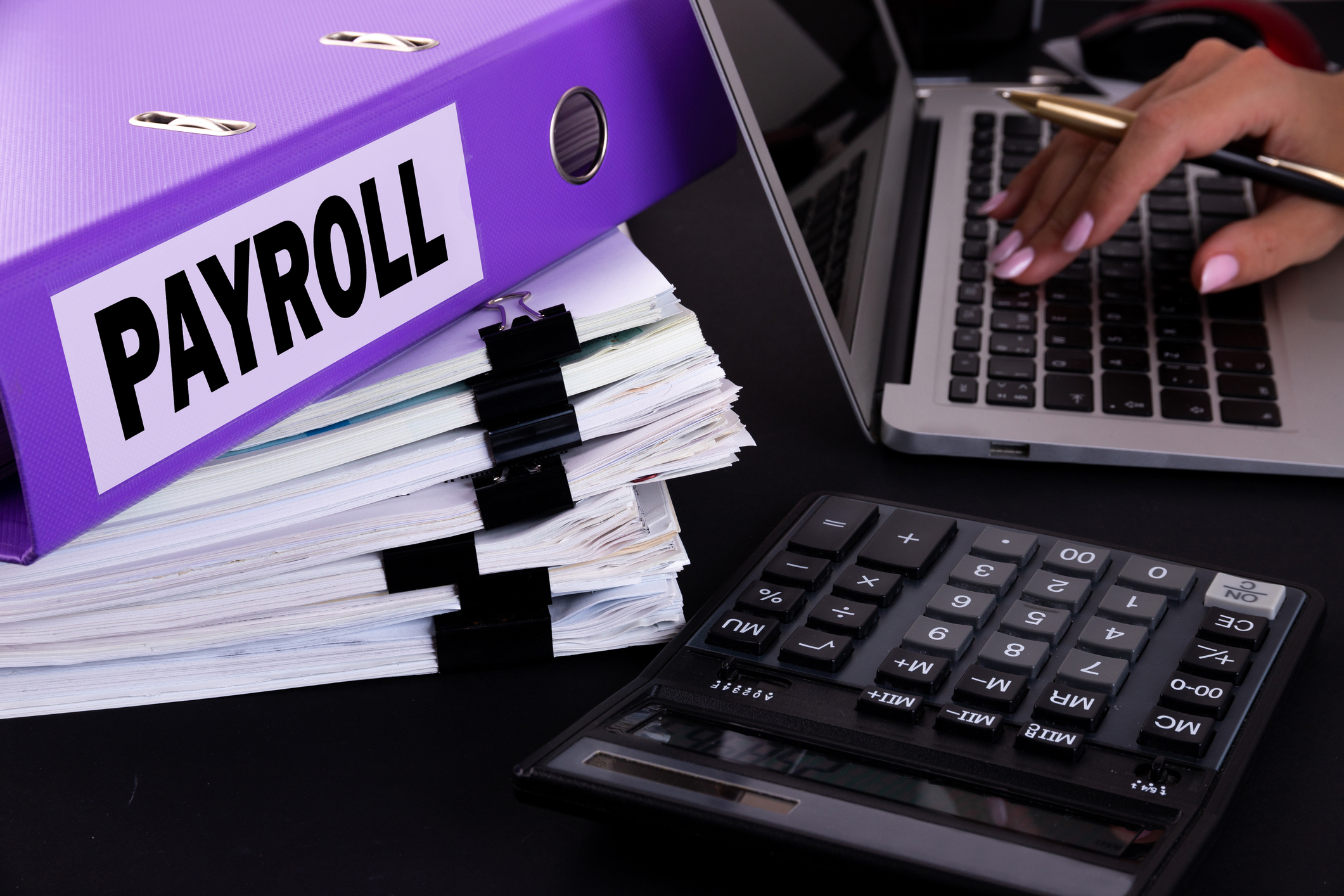The IRS gives people a lot of leverage if they are not paying or filing their income taxes. Historically, they are slow in identifying it and even slow in reacting to it.
However, when it comes to payroll taxes, the IRS is not so cool with it. They will be agile in getting all over the business and the people who might be responsible. They will lock the business gates and seize the assets rather than letting you avoid payroll taxes again.
Being indebted to the IRS is not like not paying a credit card bill or skipping a bank loan installment. The IRS has a lot of powers granted to it by the United States federal government. They can pull money out of your bank account. They can similarly get into your social security benefits, 401(k) ‘s, real estate, private property, your life insurance policy’s loan value, accounts receivable, and commissions owed to you. All this is just to settle a tax debt. And if they find out that you did it all on purpose, they can put you in jail.
So that makes it clear – there is a big difference between not paying/filing personal taxes and not paying/filing/depositing payroll taxes.
What Can the IRS do?
If you fail to pay your payroll taxes, the IRS can close your business without prior permission from the court. And, as they hold multiple stakeholders personally responsible for the non-payment of payroll taxes, they might even seize personal assets that do not even belong to the company. Payroll taxes are not even waived in the case of bankruptcy. And, in the worst-case scenarios, if it is proven that you willingly avoided and evaded payroll taxes, it can easily land you in jail.
Are You Responsible?
As someone who could potentially face such charges, one should know whether they would be considered ‘responsible’ by the IRS. If you sign paychecks, then there is a good chance that you are on the list of subjects. To give a clearer picture, the IRS has a test that comes from two different approaches to determine the status of respondents.
- Whether the party against whom the Trust Fund Recovery Penalty is proposed had the duty to account for, collect, and pay over payroll taxes
- Whether they willfully failed to perform this duty
This does not sound very comprehensive, and this is the case for a reason. The IRS has made it easy for them to label someone as responsible, and sometimes even employees with little to do with the payroll are subject to IRS prosecution.
Why Does the IRS Take This Issue So Seriously?
This question pops into many people’s minds, and the answer is that payroll taxes are not your business’ taxes. They are the taxes owed by the employee to the federal government. So, taking these taxes from your employee’s salary and failing to forward them to the federal government is considered theft from the viewpoint of the IRS.
Looking at it ethically, not forwarding the payroll tax deters the FICA, and it equates to taking money that does not belong to you.
 Why Does the IRS Want to Close You Down?
Why Does the IRS Want to Close You Down?
This answer is simple. The IRS does not trust your business if you avoid paying payroll taxes. They are only trying to eliminate the possibility of the payroll tax problem getting bigger. So, when the IRS eyes your business for a payroll audit and finds it incorrect, they want to close you down. It is quicker for them to do so if they get the owed tax money by liquidating your assets rather than getting money from the responsible parties.
Additionally, if the IRS Revenue Officer were to agree to a payment plan and the debt gets worse, it would be an even more embarrassing situation for the Revenue Officer since they were “duped” into agreeing to a plan. Again, it is easier for them just to shut the business down.
You should get the services of a certified tax professional or attorney to make sure everything is clear. And, most importantly, pay those payroll taxes.
 About Complete Controller® – America’s Bookkeeping Experts Complete Controller is the Nation’s Leader in virtual bookkeeping, providing service to businesses and households alike. Utilizing Complete Controller’s technology, clients gain access to a cloud platform where their QuickBooks™️ file, critical financial documents, and back-office tools are hosted in an efficient SSO environment. Complete Controller’s team of certified US-based accounting professionals provide bookkeeping, record storage, performance reporting, and controller services including training, cash-flow management, budgeting and forecasting, process and controls advisement, and bill-pay. With flat-rate service plans, Complete Controller is the most cost-effective expert accounting solution for business, family-office, trusts, and households of any size or complexity.
About Complete Controller® – America’s Bookkeeping Experts Complete Controller is the Nation’s Leader in virtual bookkeeping, providing service to businesses and households alike. Utilizing Complete Controller’s technology, clients gain access to a cloud platform where their QuickBooks™️ file, critical financial documents, and back-office tools are hosted in an efficient SSO environment. Complete Controller’s team of certified US-based accounting professionals provide bookkeeping, record storage, performance reporting, and controller services including training, cash-flow management, budgeting and forecasting, process and controls advisement, and bill-pay. With flat-rate service plans, Complete Controller is the most cost-effective expert accounting solution for business, family-office, trusts, and households of any size or complexity.



